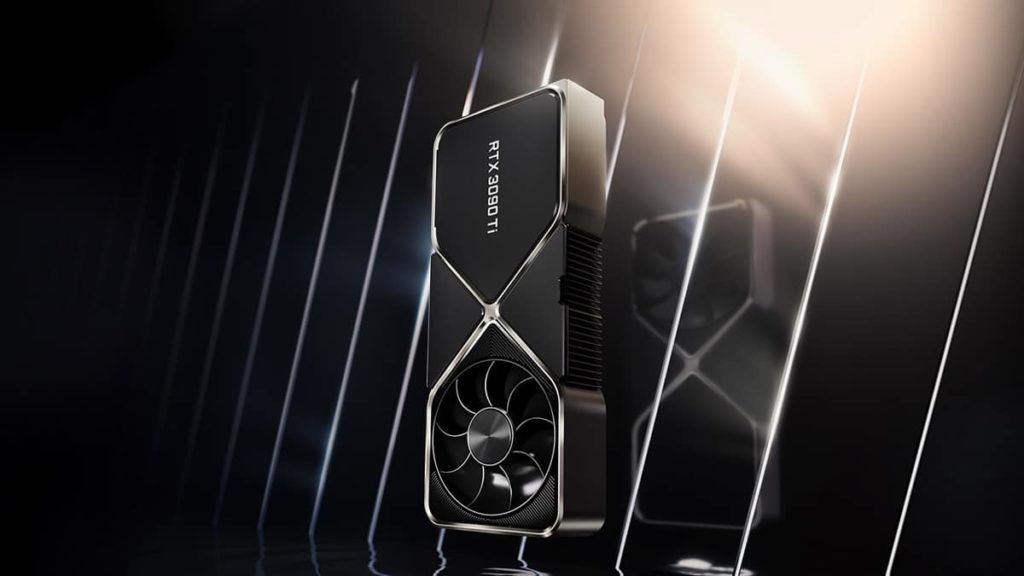
NVIDIA’s next generation of GeForce GPUs is reportedly being manufactured on a more advanced process than what AMD is using for its RNDA 3 products. This is according to new rumors shared by Moore’s Law Is Dead, who has claimed in a new tweet that green team’s Lovelace-based GPUs are being built on TSMC’s 4N, an optimized version of the foundry’s 5 nm process node custom-designed for NVIDIA with optimizations for power efficiency, performance, and more. Radeon RX 7000 Series graphics cards, on the other hand, are being manufactured on a mix of TSMC’s 5 nm and 6 nm process nodes.
Notice I didn't mention PCIe 5.0 in my Lovelace Slides: https://t.co/n7sdIL1Uku
— Moore's Law Is Dead (@mooreslawisdead) April 24, 2022
Speaking of "4", #NVIDIA Lovelace is indeed 4nm!
🤠🎉😋 More to say on the next Broken Silicon… https://t.co/jjJ1GSod0j
NVIDIA Ada Lovelace GPUs To Have A Node Advantage Over AMD RDNA 3, Rumored To Utilize TSMC 4N Process (Wccftech)
The reasons why NVIDIA may have selected TSMC’s 4N as the candidate for its next-gen gaming GPU lineup are kind of obvious. The upcoming cards will be real power-hungry and NVIDIA & the company is going to optimize them as much as they can by utilizing the 4N process node. AMD on the other hand will be utilizing a mix of TSMC 5nm and 6nm process nodes for its upcoming MCM and monolithic GPUs based on the RDNA 3 graphics architecture and while they don’t bring the optimizations that 4N does, they will feature an MCM approach that is expected to be highly efficient.
So at the end of the day, NVIDIA gets the better node while AMD delivers a better design approach. At the end of the day, these won’t matter much to end-users who only want to play their games on the best possible hardware (graphics cards) they could get their hands on.
NVIDIA and AMD are expected to launch their higher-ended GeForce RTX 40 Series and Radeon RX 7000 Series graphics cards later this year. If ongoing rumors are to be believed, the GeForce RTX 4090 will feature an extremely high TBP and draw as much as 600 watts of power. AMD seems poised to win the next GPU battle, at least in the eyes of enthusiasts who value efficiency and lower temps over performance.
